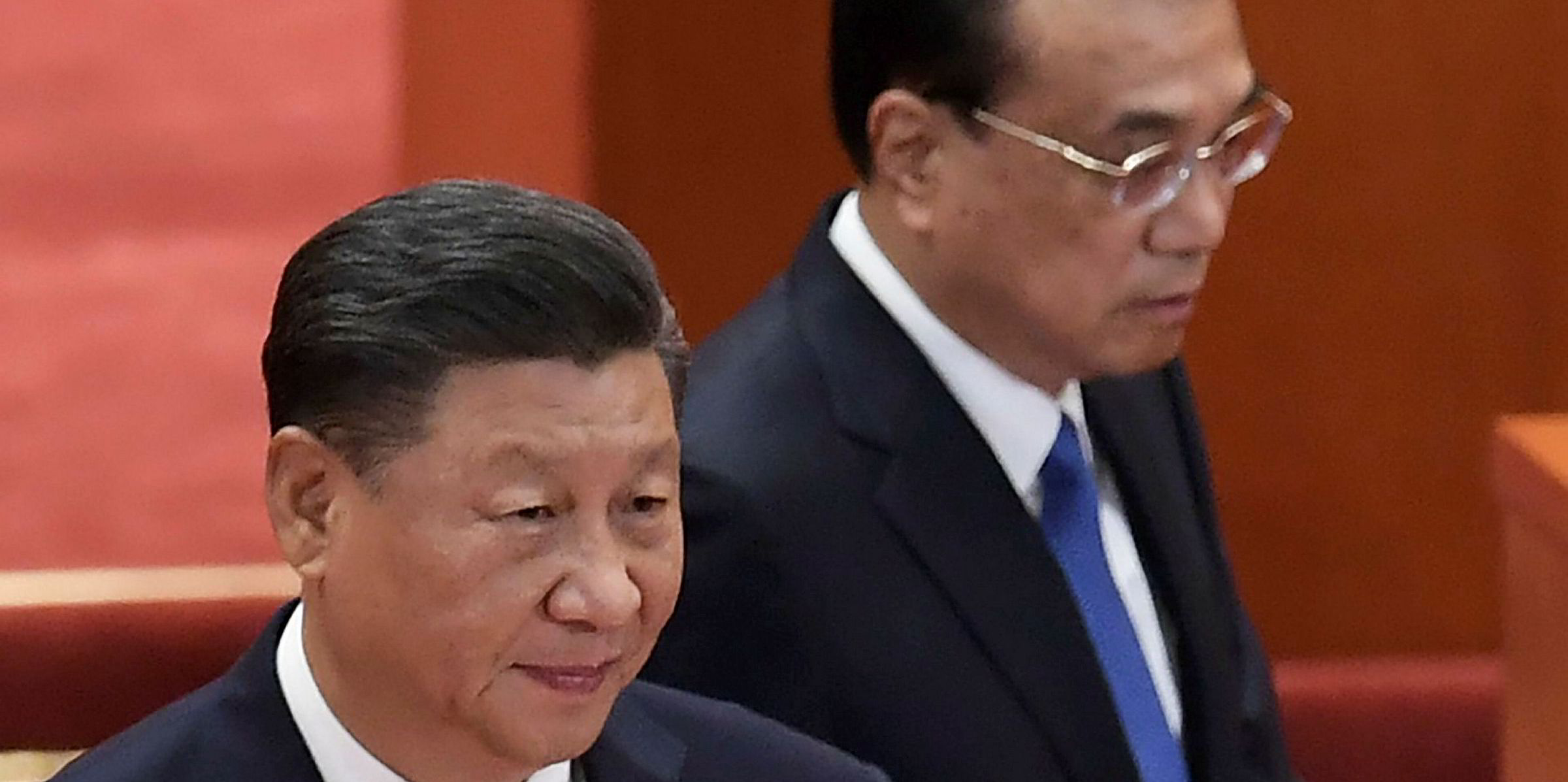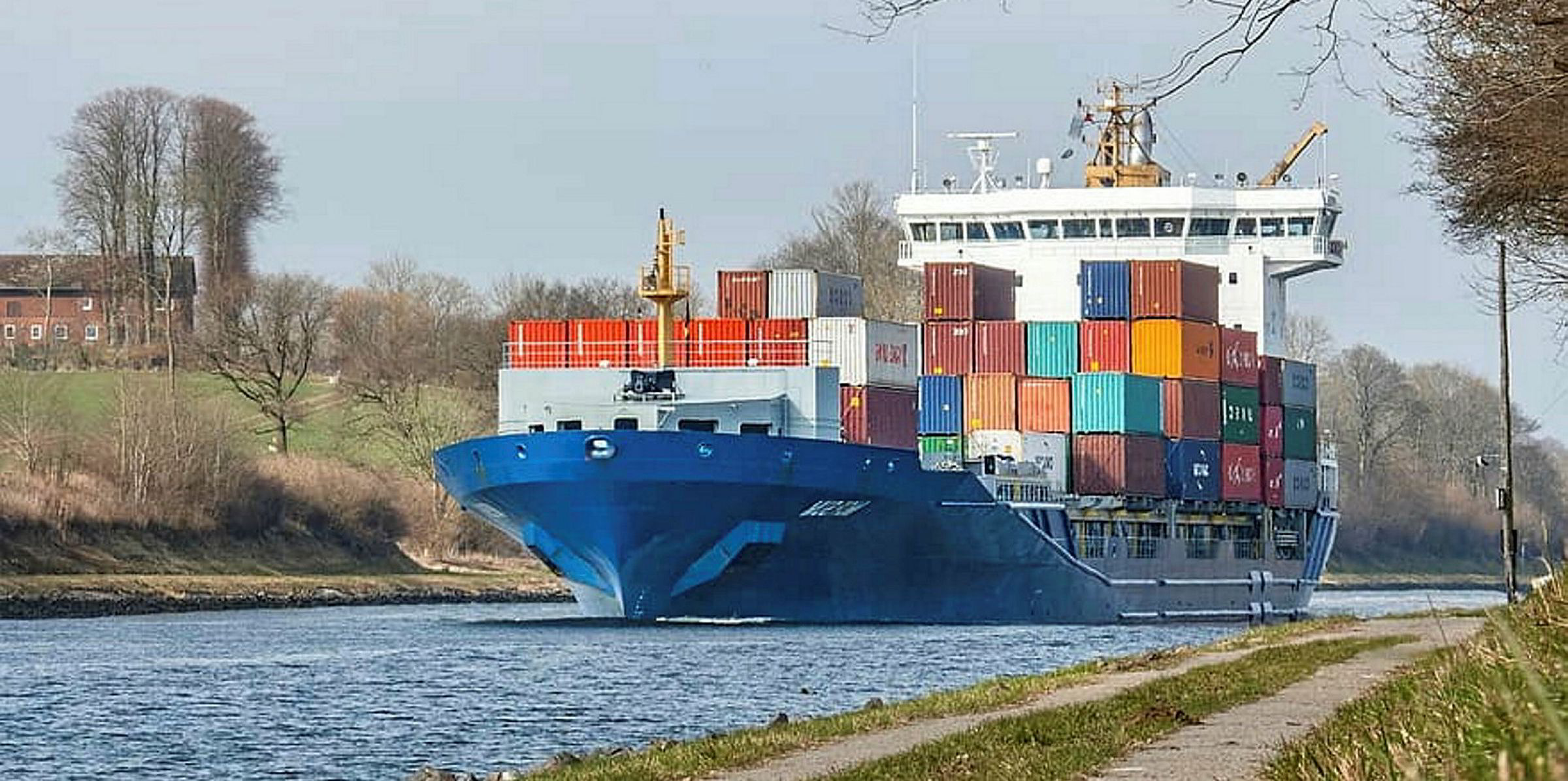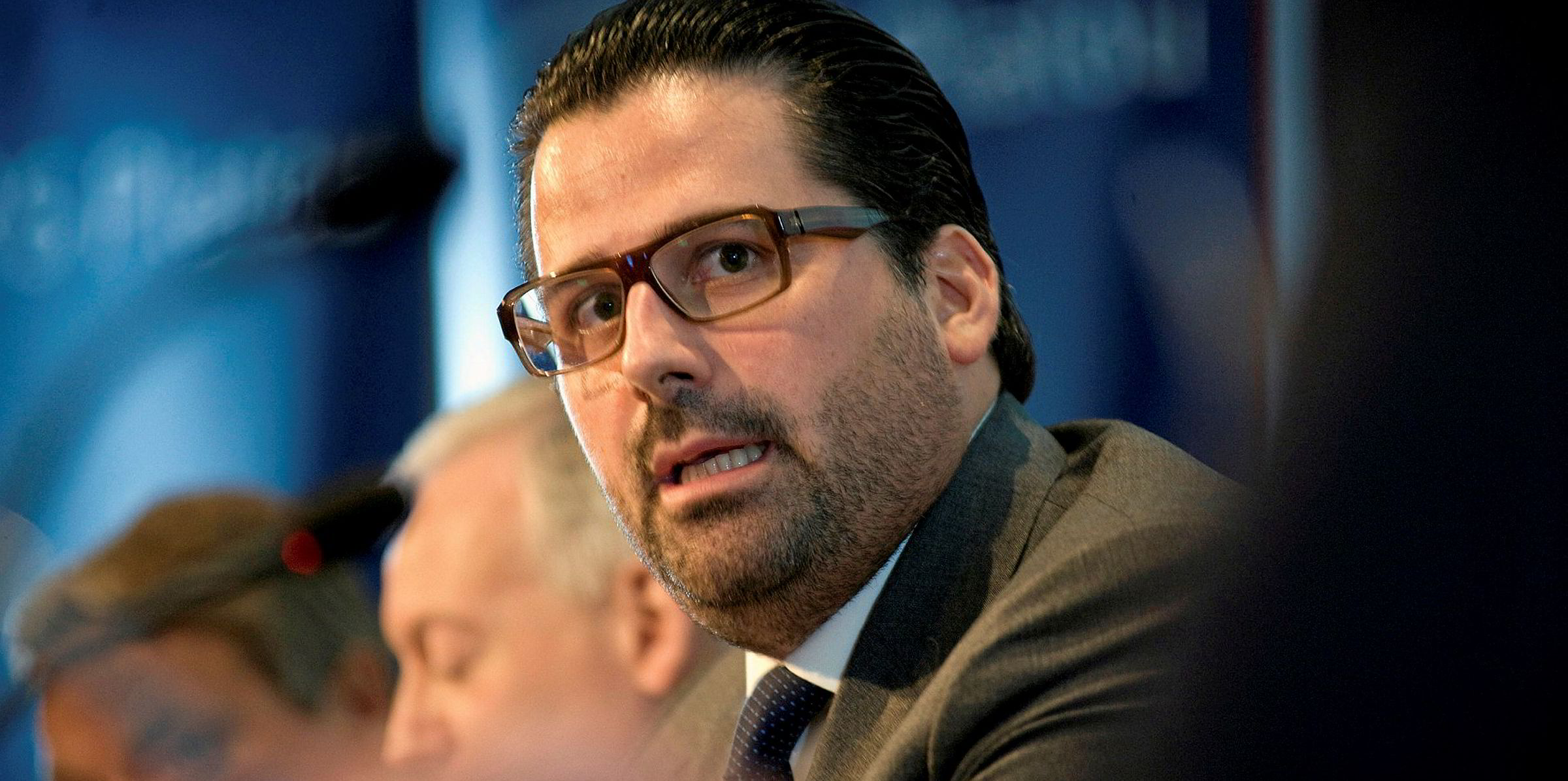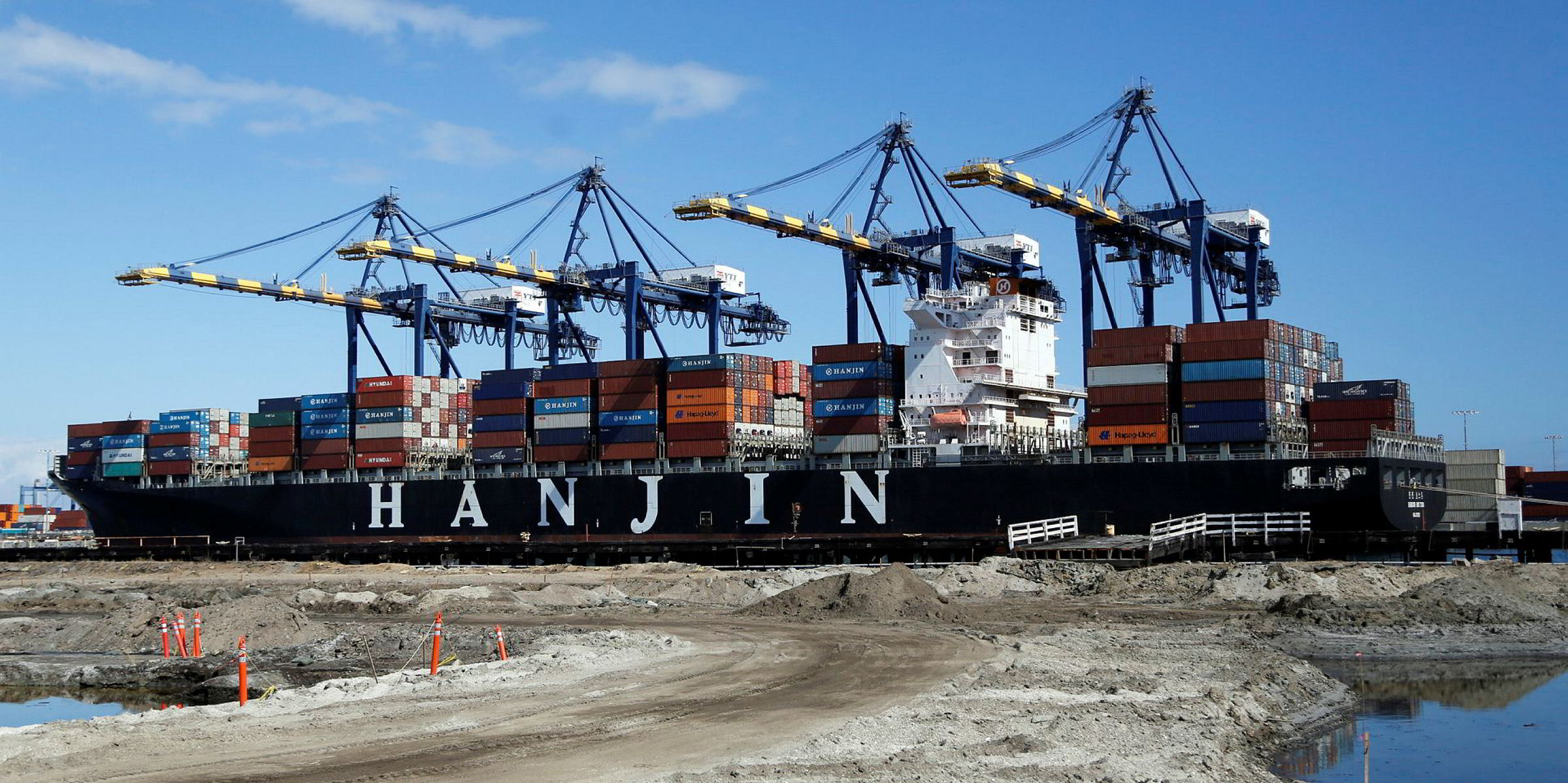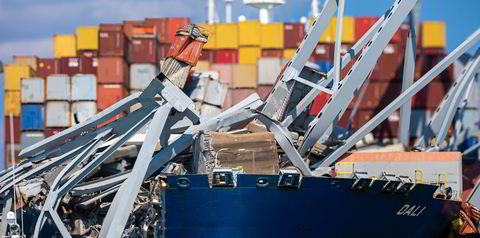The attempt by China's authorities to suppress East-West container rates is another symbol of Beijing’s new power in maritime affairs. The US Federal Maritime Commission (FMC) vented its concern about transpacific box rates — but it was “China first”, to misquote Donald Trump.
Critics see this as more state intervention in the free market and China's willingness to use muscle to protect exporter and trading interests.
Unwanted attention
We warned in this column in late August that liner operators were in danger of attracting the unwanted attention of regulators, as the big alliances cancelled sailings and allowed spot prices for 40-foot equivalent unit containers to soar above the $3,000-per-day mark on the Asia to US West coast routes.
Now some rates are said to have breached the $4,000 mark — and even $5,000 on the China to US East Coast route — in recent weeks, bringing the Chinese and US authorities crashing onto the scene.
It was never easy for liner shipping after some truly horrible past markets sent some companies out of business.
Estimating the exact level of demand for container vessels now, in the aftermath of Covid-19 lockdowns, is difficult.
Many Chinese and other Asian manufacturers themselves are living hand to mouth and find it difficult to know what level of orders to expect.
In those circumstances, it is no doubt infuriating to find shipping costs rocketing with containership operators reporting windfall profits.
We noted last month how shipping lines were frequently informing customers of blank sailings six weeks ahead.
Was this prudent care by the liner operators or a way of creating short-term panic that only served to send container rates even higher?
China’s Ministry of Transport called in local liner operators Cosco and Orient Overseas Container Line to a meeting on 11 September — a day before formal general rate increases were planned by those companies.
The proposed rate increases by liner operators were scaled back following this intervention, according to Chinese sources.
And international operators, such as AP Moller-Maersk, are reported to have followed suit.
The Danish company was unwilling to confirm this directly to me but gave this somewhat oblique statement instead: “To respond to demand, we have reinstated the Transpacific Eastbound services that we had structurally blanked in Q2 due to decreased demand resulting from the global pandemic.
Managing capacity
"For Golden Week holiday, we are planning fewer blank sailings than previous years. Since the start of the peak season period, we have closely managed/added capacity to accommodate our customers' increasing demand levels.”
Meanwhile, on 16 September, the FMC discussed the state of the current liner alliances and has set about monitoring the market more closely.
The head of the FMC, Michael Khouri, promised shippers that the maritime regulator would if necessary seek a legal injunction to halt any anticompetitive behaviour by the liner companies, my colleague Ian Lewis reported.
It's interesting to throw into this container spat the wider context of growing “extraterritoriality” by China and the US, which critics believe is encouraging a breakdown of the rules-based international order.
To respond to demand, we have reinstated the Transpacific Eastbound services that we had structurally blanked in Q2 due to decreased demand resulting from the global pandemic
AP Moller-Maersk
The Financial Times this week noted Chinese students at Oxford and Princeton universities in the UK and the US are being told to submit their essays anonymously to protect themselves from potential arrest for violating Chinese law.
Equally, this business publication highlighted the way US senators sent warning letters to the German port of Sassnitz, threatening sanctions against it if the Germans continue to handle Russian ships working on the Nord Stream 2 gas pipeline project.
Nationalist muscle
The Financial Times could have thrown in the recent statements by the British Conservative government that it would renege on the Brexit agreement it signed with the European Union if it does not get what it wants from a UK/EU proposed trade agreement: another example of a nationalist muscle being flexed at the expense of rule-based international obligation.
Both the ruling Communist Party in Beijing and the Republican Party in Washington generally support free trade and what could be termed a neo-liberal political philosophy.
Yet both are increasingly nationalist and protectionist, as they jostle for the top slot of economic (and political) global super power.
Meanwhile, all eyes will be on the container market in this seasonally vital period in the run up to Christmas.
The liner companies have done a good job looking after their own interests but they have provoked a resurgent Chinese dragon.
